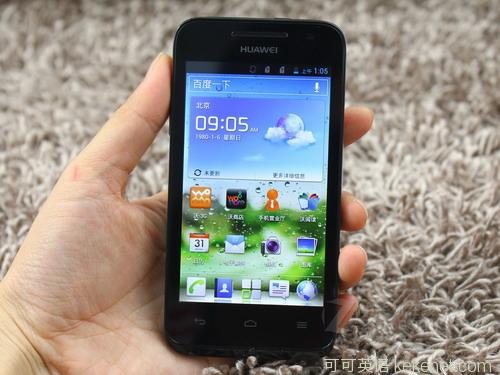
Character is like a tree and reputation like its shadow. When Huawei, the Chinese network equipment vendor, decided to take the initiative in addressing its image problems in the US, it chose this saying by former US president Abraham Lincoln to make a point.
“In recent years, misperceptions and rumours have been the shadow of Huawei, affecting Huawei’s reputation and, we believe, the United States government’s judgment of Huawei,” wrote Ken Hu, the company’s then vice-chairman in February 2011 in an open letter lamenting his company’s virtual exclusion from the US market for suspicions that it might be a national security threat.
Mr Hu then invited the US government to carry out “a formal investigation of any doubts it may have about Huawei in an effort to reach a clear and accurate conclusion”.
On Monday that conclusion was reached. But it is certainly not what Huawei management, and Mr Hu – now acting chief executive – may have hoped for. Wrapping up a year-long investigation into the company and its smaller rival ZTE which began on Mr Hu’s urging, the US House Committee on Intelligence found that the risks associated with Huawei’s and ZTE’s provision of equipment to US critical infrastructure “could undermine core US national-security interests”.
本周一,调查得出了结论。不过结论肯定不是华为的管理层以及现任代理首席执行官的胡厚昆所期待的。美国众议院情报委员会(US House Committee on Intelligence)结束了在胡厚昆敦促下启动的、对华为及其较小的竞争对手中兴(ZTE)为期一年的调查,发现华为和中兴向美国关键基础设施提供设备所带来的风险“可能损害美国的国家安全核心利益”。
One of the recommendations from the intelligence panel is that the Committee on Foreign Investment in the US (Cfius), which already examines mergers and acquisitions, be given the task of probing purchasing agreements – a situation under which Huawei and ZTE could be completely blocked from the US market. It also calls for a probe into Chinese government support for its telecom equipment makers.
情报委员会提出的建议之一是,让已经从事并购检查的美国外国投资委员会(CFIUS)承担调查采购协议的任务(在这种情况下,华为和中兴可能会被完全挡在美国市场门外)。它还呼吁对中国政府向国内电信设备制造商提供的支持发起调查。
For Huawei and ZTE, the implications are wide ranging and long term. There could be trade action, future acquisition plans are even less likely to succeed and even smaller contracts with regional operators, of which Huawei has been able to land a few, could become more difficult to achieve.
这对华为和中兴的影响广泛而长远。可能会有贸易行动,未来的收购计划成功几率更小,甚至从地方运营商赢得较小合同(华为拿到了几笔)都会变得更加困难。
The overall message is simple: they are not welcome in the US market. “They seem to be saying: we view you as the enemy because you are from China,” said a US citizen who works at Huawei’s US headquarters in Plano, Texas. “Why isn’t there similar scrutiny of companies like [Sweden’s] Ericsson or [France’s] Alcatel-Lucent?”
尽管华为高管否认这种转移意味着该公司放弃了美国市场,但这些变化使其不那么容易被美国拒之门外,因为与供应网络基础设施相比,手机和企业业务被认为不那么敏感。












